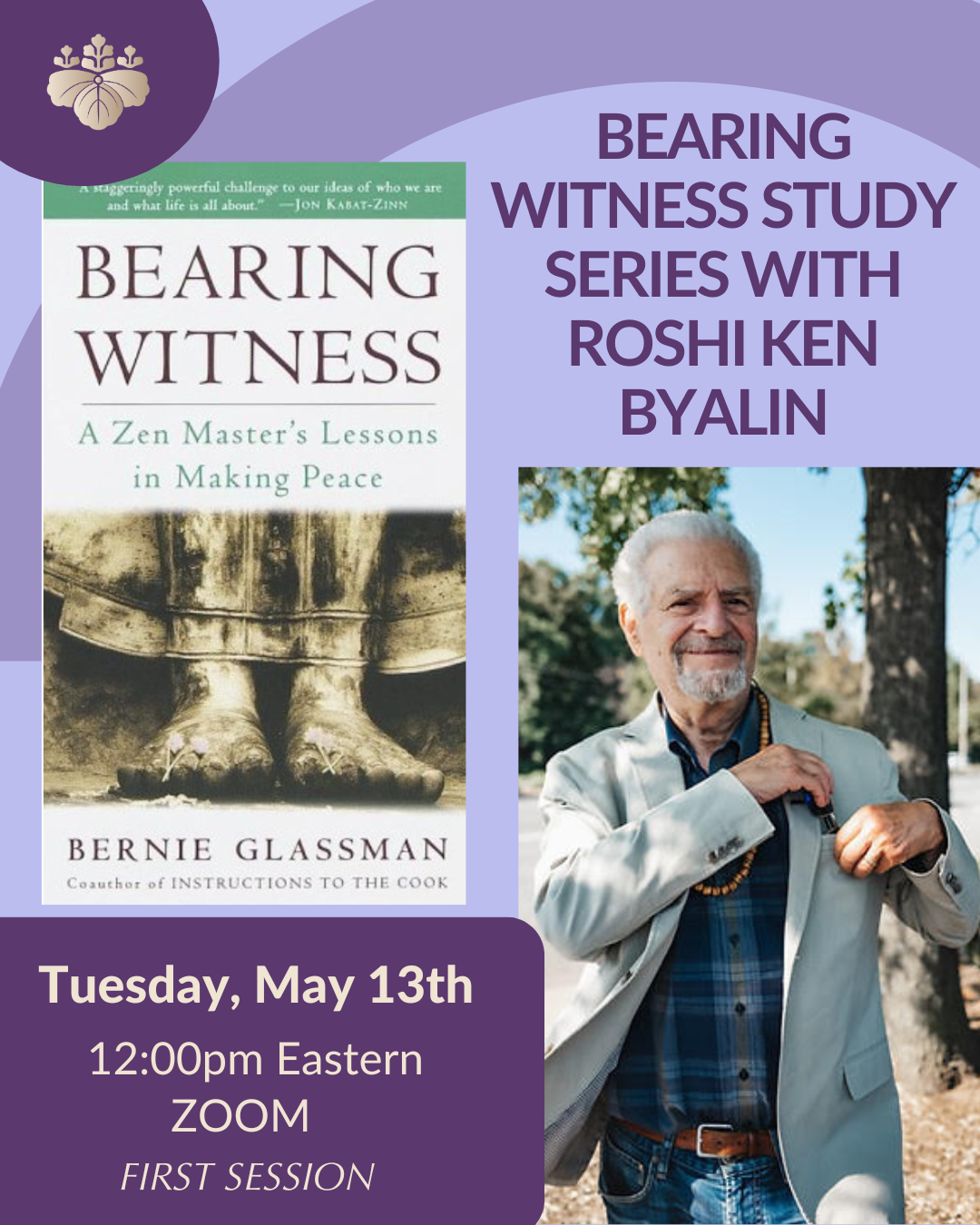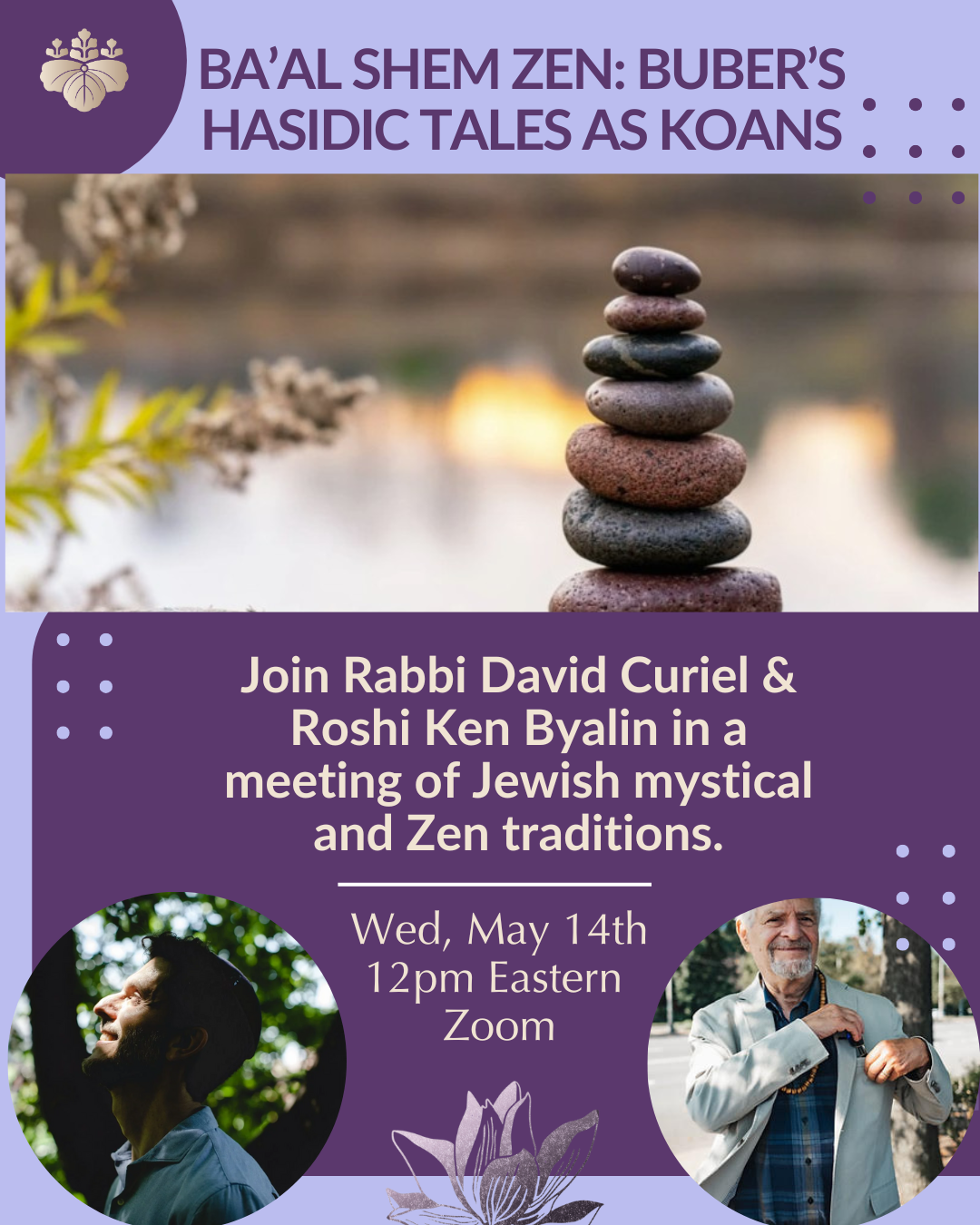Eve’s mother is 86 years old. In her long life she survived the destruction of most of the Jews in Bratislava, in what is present-day Slovakia, immigrated illegally to Israel with a 3 year-old nephew whose mother had been killed at Auschwitz, fought in Israel’s War of Independence a year later, raised children in Israel and the United States, and now lives independently in Jerusalem, mother to three children, grandmother to five, and great-grandmother to seven. Did you expect to live so long and see all these generations, Eve asks her on Skype, and she shakes her head: Never.
But the last time mother and daughter spoke, on June 16, the vigorous smile was gone. Her mother sat hunched, head bent, crumpled in depression.
“You know,” she answered when Eve asked her how she was. “The news here isn’t good.” Three Jewish teenagers, students at a West Bank yeshiva high school, had been abducted. Even now the Israeli army is searching all over for the kids, as she calls them.
The next day Eve called again. Her mother had gone out that day but her tone was still flat and lifeless. We know that she’s hooked to the radio and television news, and that if she leaves the house to go anywhere, the first question on her lips when she sees someone she knows is: Have they found them?
Israel is a small country and most young men serve in the army, so when any soldier is hurt or killed the grief seems to resonate everywhere. It’s something we’ve always respected. Strangers murmur among themselves or else shake their heads. Everyone worries about the family. And in this case they’re not soldiers but religious students. We wonder where they are now, we think about the boys’ families and about what it is to wait for the phone to ring.
But something else seems to happen to Eve’s mother. The old trauma gets reawakened, the expectation of inevitable catastrophe. At times she’ll say it out loud: This will never end. They’re always out there. They won’t let us live.
Eve remembers how years ago, when she was working in Israel and Palestine, the day after two Israeli soldiers were kidnapped and taken into Lebanon a young woman turned to her at a bus station, her eyes wild and haggard, and shouted: Why won’t they leave us alone?
Time seems to blur. The kidnapping of three young men metamorphoses into 2,000 years of persecution. When you plug into trauma, you don’t think of good times, you don’t think of your prosperous country and strong army, you don’t even think of life. You think of survival.
The Israeli author, David Grossman, said this at a San Francisco conference over a dozen years ago:
It occasionally seems that not only private men and women but also peoples like the Jewish people—and certainly the Jewish people who live in Israel—live this paradox: throughout all our history we survived in order to live, and now we are living in order to survive. And when history suggests to us the rare opportunity to stop merely surviving, and to begin to live our life by making use of the enormous military power that we have gathered, and to use it to create a political solution that is strong and generous—we are unable to do this with the initiative and courage required. We prefer vacillation, which ultimately brings us back to the life that isn’t life, but just surviving from catastrophe to catastrophe.
Between catastrophes, people wait, knowing something will happen. Inevitably it does, and they nod: Yes, I knew it was coming; it was only a matter of time.
There are several differences between Eve’s family and us. We live in New England and they live in Israel. They know the place where it happened, they know friends of the family and are surrounded by people who feel as they do. That is not the case for us here even though Eve was born in Israel and is but one generation removed from the conflagration in Europe. Nevertheless, who needs to go that far to protest the kidnapping of three teenagers in the middle of studies? It’s abhorrent whenever kids are hurt or made use of, here in the US, in Israel, in Palestine, Africa, anywhere.
But we don’t plunge into trauma, into the survival mode of us vs. them. The Buddha said that we are the heirs of our own actions. In other words, if you want to see what tomorrow will bring, take a good look at your actions today. You can’t practice that when you’re just surviving, but you can if you’re fully living. And if we choose to live, then after the initial shock and dismay that arise from such a kidnapping we have to ask ourselves a much bigger question: How do we create a situation, a world, in which this does not happen to anyone, not just to young people? In which Never again does not mean Never again to us, but Never again to anyone? Never again to us is the victim’s trope, survival at any cost; Never again to anyone is asserting our internal freedom even in the bleakest of circumstances, our insistence on the big picture.
Never again to anyone is the biggest vision of all; anything that big meets up with cynicism and frustration. But as a call to life instead of survival, it nourishes and sustains us, and provides a peacemaking framework that demands much, and gives back much more.




I get pleasure from, cause I found just what I was looking for.
You have ended my four day lengthy hunt! God Bless you man. Have a nice day.
Bye
Your story tells all of us to look at the big picture. Thank you.
Yesterday in Chicago’s Tribune on the front page in the lower right hand corner was a paragraph about 2×3″ which reported that last week-end, the July 4th Independence Day celebration for Americans was a horrific killing spree on the Southside of Chicago, in a neighborhood called Englewood, Roseland and South Chicago, the latter where I was born and raised. 82 people were shot! Not 2 nor 8 but 82! and 16 were killed. This is unbelievably horrific in a cosmopolitan city. Random shootings have been going on for a few years now, gun violence between gangs, innocent children shot on the street, drive by shootings. I felt so powerless, furious, and am working on bearing witness.
Bernie and Eve,
Mahalo, for this heart hurting story sharing with us your mother-in-laws
pain. Thank you for keeping all of us tracking on a much higher level when sadness and disaster hits anyone on this earth. You are always such a powerful reminder of how much we are all connected. Aloha, Eve-lynn
So wise and powerful. Never again to anyone. This heals and inspires. Let us learn not only to protect ourselves, but also each other. Thank you Bernie.
I stand with Eve. Never Again.
Thank you so much for this article Eve and Bernie, really touched me. Sending much love, Nicolee
Bernie and Eve thank you so much for your thoughts and sharing them.I just wrote this morning in my diary: how can I keep opening my heart,seeing and feeling all this pain around?
Thank you both.Much love Juliane